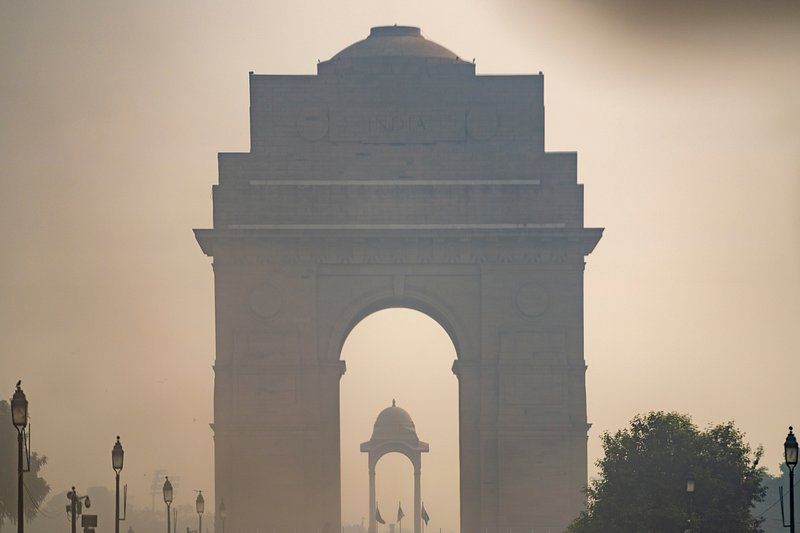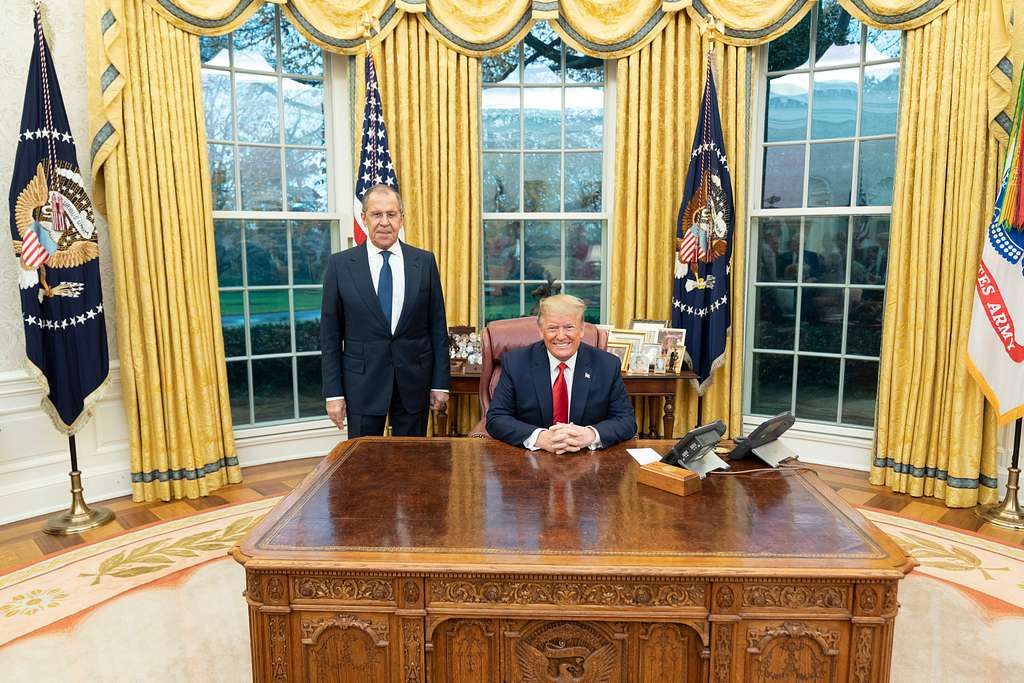International Body Piercing Day 28 June : Celebrating Individuality and Artistry

On June 28, the world comes together to celebrate International Body Piercing Day—a unique occasion that recognizes the art of body modification and self-expression. Whether you’re adorned with piercings or simply curious about this form of adornment, this day invites us to appreciate the diversity and creativity within body piercing culture.
A Brief History
Body piercing has a rich history that spans across cultures and centuries. From ancient tribal rituals to modern fashion statements, humans have adorned themselves with piercings for various reasons:
- Cultural Traditions: Many indigenous cultures practiced body piercing as part of their rituals, symbolizing rites of passage, social status, or spiritual connections.
- Fashion and Rebellion: In recent decades, body piercing gained popularity as a rebellious fashion trend. Punk, goth, and alternative subcultures embraced piercings as a way to challenge norms and express individuality.
- Personal Expression: Today, body piercing is a personal choice. People pierce various body parts—ears, nose, lips, eyebrows, and more—to reflect their identity, aesthetics, and beliefs.
The Artistry of Piercing
Body piercing is more than just inserting jewelry; it’s an art form. Consider the following aspects:
- Placement: Each piercing location carries significance. An earlobe piercing may be subtle, while a septum piercing makes a bold statement.
- Jewelry: From studs and hoops to barbells and tunnels, the variety of jewelry allows for endless creativity. Materials range from stainless steel to precious metals and gems.
- Healing and Aftercare: Proper aftercare ensures safe healing. Piercers educate clients on hygiene, cleaning routines, and potential risks.
Breaking Stereotypes
International Body Piercing Day challenges stereotypes and misconceptions. It reminds us that piercings aren’t solely about rebellion; they’re about self-discovery, empowerment, and embracing our bodies as canvases.








